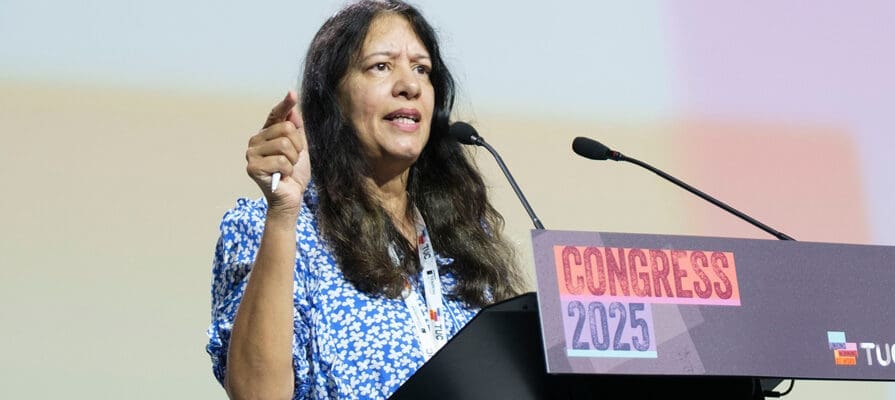Union recognition must be condition of public funding, says NASUWT
The union criticised the growth of multi-academy trusts and free schools which, it said, receive billions of pounds of public money while refusing to recognise unions

Register to get 1 free article
Reveal the article below by registering for our email newsletter.
Want unlimited access? View Plans
Already have an account? Sign in
NASUWT has called for a “fundamental shift” in how public contracts are awarded, and said that trade union recognition and facility time should be made a condition of public funding access.
The union criticised the growth of multi-academy trusts and free schools which, it said, receive billions of pounds of public money while refusing to recognise unions or engage in collective bargaining.
During a Q&A session at this year’s TUC Congress, national executive member Rachel Knight raised the issue of trade union recognition, calling for it to be a condition of public funding and contracts.
Speaking earlier in a debate at the congress, Rashida Din, NASUWT ex-president, said: “This is about the fundamentals of trade unionism—a reminder of the power of unity and collective action. If organisations want access to public money, they must accept trade union recognition and contribute to proper facility time arrangements. It is as simple as that.
“Too many employers deny recognition, resist accountability, and silence staff. That is not what public education should look like—and it’s not what any public service should look like.”
She warned that when unions are “locked out”, staff face excessive workload, insecure contracts, and rising levels of abuse, with individual rights undermined and workplace protections weakened.
Din also stressed the importance of properly funded facility time, calling grouped arrangements “the foundation of effective workplace representation.”
She added: “Facility time is not a luxury. It enables union reps to support colleagues, resolve disputes, and hold employers to account. Without it, recognition becomes symbolic rather than real. Every pound of public money should come with the guarantee that the workers delivering those services have a collective voice. No recognition, no public money.”







